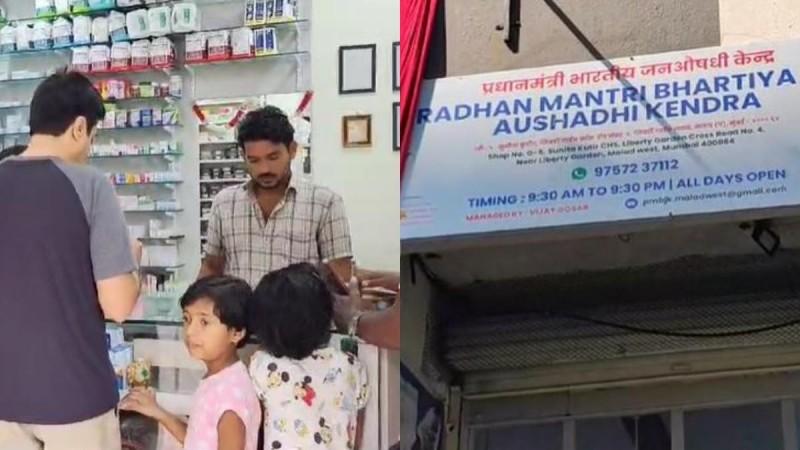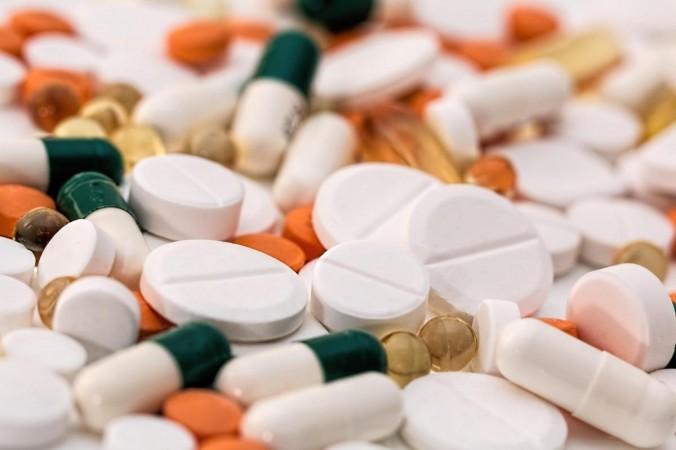
More than 10 countries are looking to imbibe India’s generic pharmacy model to make affordable medicines accessible to the public, according to reports.
In July, Mauritius became the first country to launch the International Janaushadhi Kendra, enabling it to source about 250 high quality medicines from the Pharmaceuticals and Medical Devices Bureau of India. It includes cardiovascular, analgesic, ophthalmic, and anti-allergic drugs.
Nepal, Sri Lanka, Bhutan, Ghana, Suriname, Nicaragua, Mozambique, the Solomon Islands, and Taliban-ruled Afghanistan, are already considering opening Jan Aushadhi Kendras.
Meanwhile, countries like Burkina Faso, Fiji Islands, and Saint Kitts and Nevis are in talks with the government to help them replicate the scheme, revealed the report.
Pradhan Mantri Bharatiya Janaushadhi Pariyojana (PMBJP) is a public welfare scheme, launched by the Prime Minister Narendra Modi-led Central government in November 2008, to provide quality medicines at affordable prices to the masses through special centres named Jan Aushadhi Kendras.

In 2014, there were only 80 Jan Aushadhi Kendras. Till September 2024, a total of 13,822 Jan Aushadhi Kendras have been established across the country, as per official data.
In September, these Kendras also achieved record sales of Rs 200 crore — the highest monthly sales in the history of the PMBJP.
In the last 10 years, the sale of medicines worth Rs. 6100 crores has been done through Kendras, helping people save an estimated Rs. 30,000 crore.
The price of medicines, surgical devices and nutraceutical products are cheaper at least by 50 per cent at the Jan Aushadhi Kendras, and in some cases, by 80 to 90 per cent of the market price of branded medicines.
The Union government has set a target of opening 25,000 Jan Aushadhi Kendras across the country by March 2026.
(With inputs from IANS)